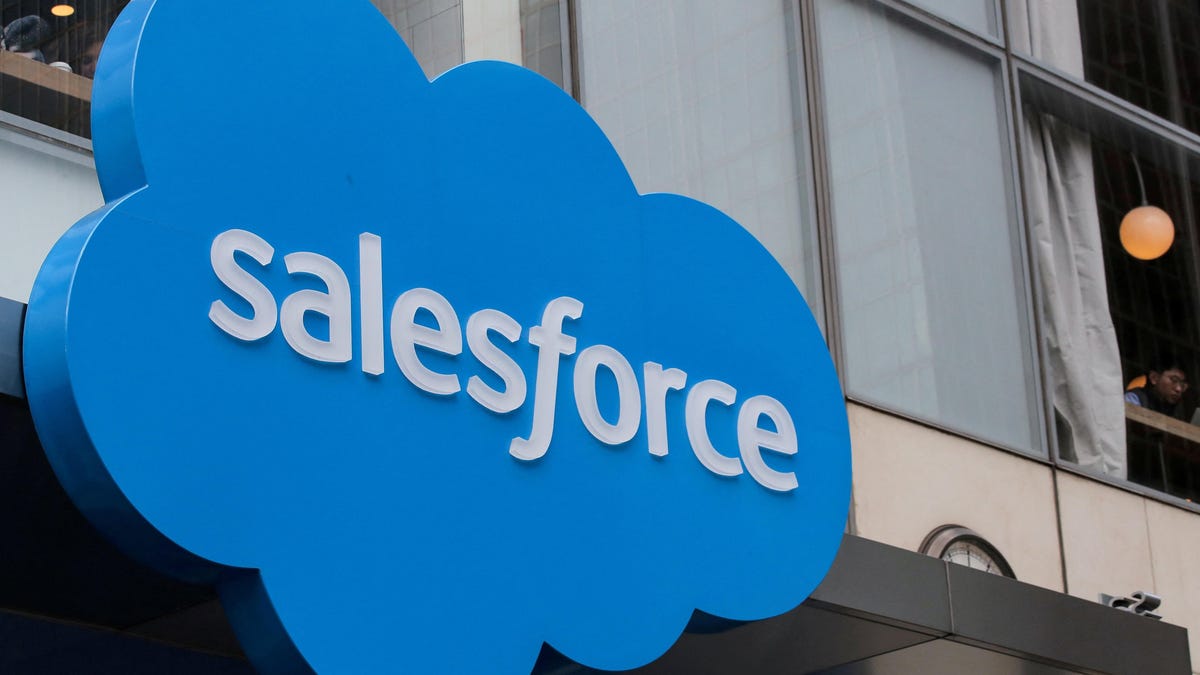Salesforce recently unveiled their latest offering, “Einstein Copilot,” a conversational AI assistant designed to revolutionize the way customers interact with their Salesforce app. With Einstein Copilot, users can now simply ask questions and gather information about specific business tasks without having to navigate through the app manually. For example, users can ask the assistant to initiate a return for a customer, summarize chat support responses, or even generate sales and marketing language for emails.
During a press conference on September 10th, Clara Shih, Salesforce AI CEO, highlighted the advantages of the new chatbot. She emphasized that instead of customers searching for information themselves, they can now rely on the AI assistant for quick and accurate responses.
One of the key features of Einstein Copilot is the ability for Salesforce customers to create reusable prompt templates and personalize the assistant to match their company’s voice and style. This allows for a more customized and tailored experience for each organization.
It is important to note that Salesforce’s AI assistant is geared towards white-collar companies, who utilize Salesforce software tools to streamline and manage their business data. Unlike consumer-facing chatbots such as OpenAI’s ChatGPT, Google’s Bard, and Microsoft’s Bing, Salesforce’s AI is specifically designed to meet the needs of its target audience.
The biggest challenge for companies implementing generative AI lies in transitioning from the demo phase to real-world applications, according to Jayesh Govindarajan, VP of AI and machine learning at Salesforce. While AI may work well in a controlled environment, making it practical and effective in day-to-day operations requires additional considerations.
One of these considerations is the issue of generative AI models “hallucinating” or creating false information. To address this, Salesforce ensures that their AI features are grounded in secure proprietary data from their own cloud. This means that the models are trained on relevant data specific to a prompt, reducing the chances of generating inaccurate or misleading information.
Salesforce also requires companies to opt-in to the training of generative AI models using their data. The company claims that training models on actual prompt responses can significantly improve their accuracy.
The introduction of generative AI assistants like Einstein Copilot isn’t unique to Salesforce. Microsoft recently announced their own AI bot called “Copilot” to assist users across their Office software suite. Salesforce executives believe that this shift towards generative AI will lead to significant changes in white-collar jobs. Workers will need to acquire new skills, and new job roles, such as prompt engineering, will emerge in response to these advancements.
As the technology continues to evolve, skills will blend, providing workers with a baseline of knowledge in various domains. This will enable them to tackle tasks outside their area of expertise effectively.
In summary, Salesforce’s Einstein Copilot represents a breakthrough in conversational AI technology, offering white-collar companies an innovative solution for streamlining their business processes. With the ability to ask questions and retrieve specific information, customers can now rely on AI assistance to enhance efficiency and productivity. As the field of generative AI continues to develop, the impact on white-collar jobs and the need for new skill sets will become more apparent.
Denial of responsibility! Vigour Times is an automatic aggregator of Global media. In each content, the hyperlink to the primary source is specified. All trademarks belong to their rightful owners, and all materials to their authors. For any complaint, please reach us at – [email protected]. We will take necessary action within 24 hours.


